Most of us can be way too hard on ourselves, when life is already hard enough. We spend our days taking an inventory of all the ways we’re falling short, tell ourselves we’re not good enough, and even question our basic goodness, as if there’s something wrong with us at our core. I know I’ve done this countless times before.
When I respond harshly instead of pausing before reacting or make a mistake I keep making over and over again, it’s easy to conclude I am fundamentally bad or damaged, or else I would more consistently do better.
Then, waddling in this space of shame and self-judgment, I instinctively shut down and disconnect from others. After all, it’s hard to let people in when you’re afraid of what they’ll see and the possibility of being rejected once they see it.
If you can relate, I have a feeling you’ll appreciate the latest offering from Tara Brach, Trusting the Gold: Uncovering Your Natural Goodness.
In this beautifully illustrated gift book, Tara explores how we can stop judging, avoiding, and resisting that which makes us afraid or ashamed and open to our true nature—a boundless field of awareness that is innately fearless and loving.
This recognition of our essential human goodness may be the most radical act of healing we can take. It’s the realization that we don’t need to fix ourselves, because we’re not broken. We simply need to peel away the layers of fear and judgment and reconnect with who we are at our core.
Drawing from more than four decades of experience as a meditation teacher and psychologist, Tara shares her most valuable practices for reconnecting with the beauty of our humanity―from timeless Buddhist wisdom to techniques adapted to the specific challenges of our modern age.
I’m grateful for the opportunity to share the following excerpts, reflection exercises, and illustrations from Trusting the Gold, and I hope you’ll find them as helpful as I do!
To receive a book excerpt PDF and audiobook download of Tara reading Trusting the Gold, visit TrustingtheGold.com.
Our Basic Goodness
The gold of our true nature can never be tarnished. No matter how it might get covered over or disguised by feelings of anger, deficiency, or fear, our awareness remains radiant and pure. In the moments of remembering and trusting this basic goodness of our Being, the grip of “something’s wrong” dissolves and we open to happiness, peace, and freedom.
What Is Good Enough?
I could have done that better. I should have gotten more done. I wish I had been more sensitive. For many years, “never enough” was a chronic habit of my mind, and I could run endless variations on the theme. Finally one night before going to bed, I sat down and asked myself: “Okay, what would be enough? What do I have to do to be good enough?”
Over the next weeks I started tracking what happened after I’d completed a successful weekend of teaching, or after receiving feedback about contributing to others’ well-being, or after being particularly kind or generous with someone. The enough feeling would last for about 2.4 minutes before I’d start fixating on what else I needed to do, how I needed to prepare for the next event, how I needed to be more consistently sensitive and kind. Even the most satisfying accomplishments, upon close inspection, would seem tainted by ego, and therefore not spiritual enough. Whatever I was doing, it didn’t leave me with an enduring sense of enough.
Since that long-ago evening when I faced the never-ending narrative of falling short, I have discovered that enoughness has absolutely zero to do with accomplishing, nothing to do with achieving, and is not at all about trying to be good enough. Rather, the realization of enough is right here in the fullness of presence, in the tenderness of an open heart, in the silence that is listening to this life. These are the moments when the glow of gold shines through.
REFLECTION
Pause and let yourself sink into this moment, into presence, into your heart. Gently say to yourself, “There’s nothing to do. This is enough . . . I am enough.” Feel the fullness and peace of coming home.
The Second Arrow
One day, it is said, the Buddha was talking to a group of his followers about our habit of being down on ourselves when something goes wrong, and how that only imprisons us in suffering. Noticing that one of the young men there looked puzzled, he invited him forward and asked, “If a person is struck by an arrow, is it painful?” Probably thinking that was a pretty obvious question, the student responded, “Well, yes it is.”
Nodding, the Buddha went on. “And if that same person is then struck by a second arrow, would that be even more painful?” The student replied, “Yes, it would be.”
The Buddha then explained: In life, difficulty naturally arises—things don’t go as we wish, or we have an accident, or we get sick. “We can’t always control that first painful arrow. However,” he went on, “we can add to our pain by the way we react to what’s happening.” He added that we might feel victimized or angry about life being unfair, or we might blame ourselves for our poor self-care.
“Our reaction is the second arrow, and it intensifies our suffering,” said the Buddha. “We become identified with a suffering self.” The young man nodded, now understanding how painful the added emotional reactivity can be.
It’s helpful to remember that the first arrow in this story is not only about that unpleasant feeling we experience when something goes wrong in our lives. The first arrow can also be the emotional pain we feel when we are afraid or angry, when we feel grief or hatred. It can be the pain of depression or lust. And when we then respond by blaming ourselves for these already painful feelings, we are shooting the second arrow. As we awaken compassion for ourselves and release shame and self-judgment, we free ourselves from this suffering and heal our hearts.
REFLECTION
The next time fear or anger arises, try holding it with compassion rather than shooting the second arrow of painful self-judgment and blame.
—
To receive a book excerpt PDF and audiobook download of Tara reading Trusting the Gold, visit TrustingtheGold.com.
**Though this is a sponsored post, you can trust I only share products and services I love and can easily personally recommend!
About Lori Deschene
Lori Deschene is the founder of Tiny Buddha. She started the site after struggling with depression, bulimia, c-PTSD, and toxic shame so she could recycle her former pain into something useful and inspire others to do the same. You can find her books, including Tiny Buddha’s Gratitude Journal and Tiny Buddha’s Worry Journal, here and learn more about her eCourse, Recreate Your Life Story, if you’re ready to transform your life and become the person you want to be.
- Web |
- More Posts



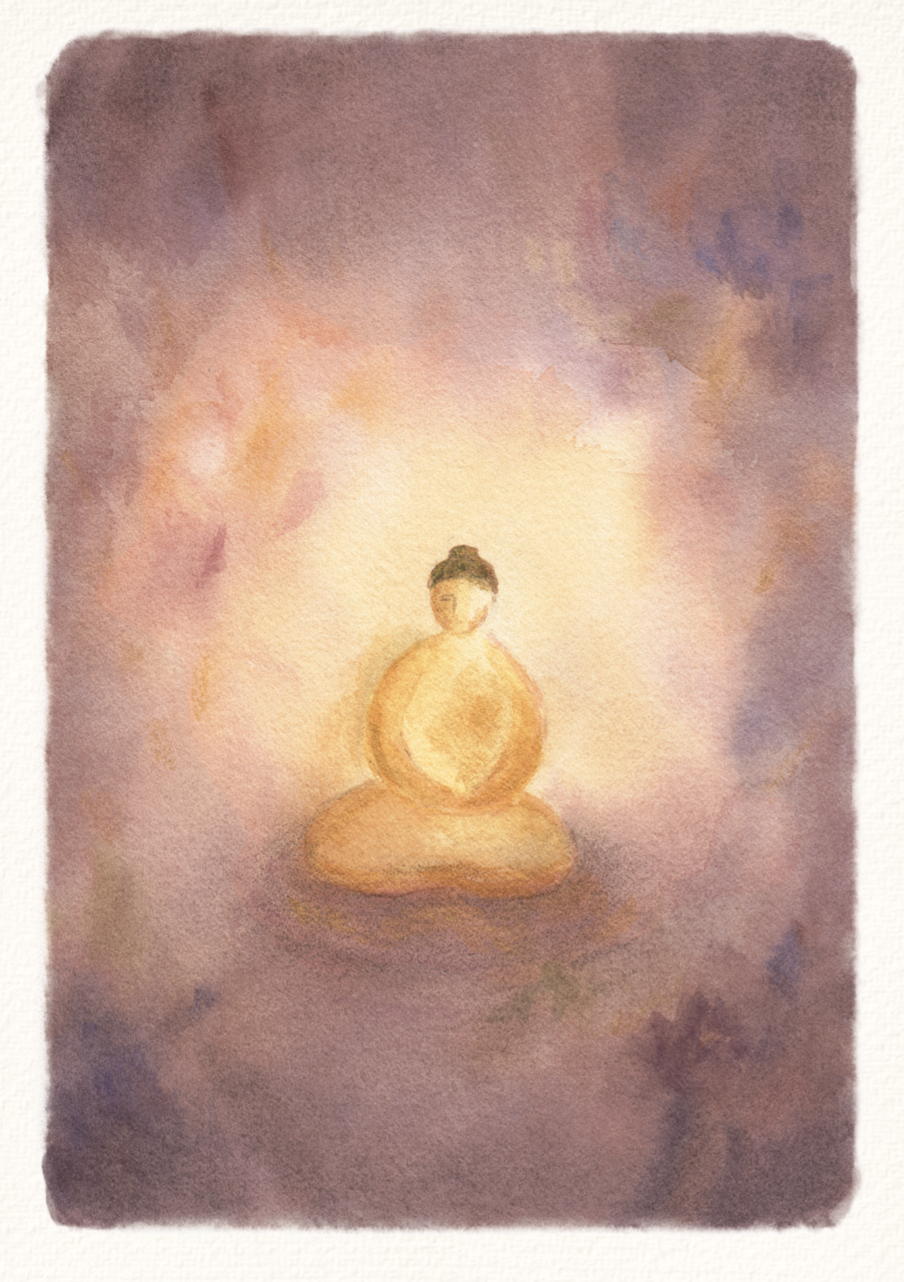
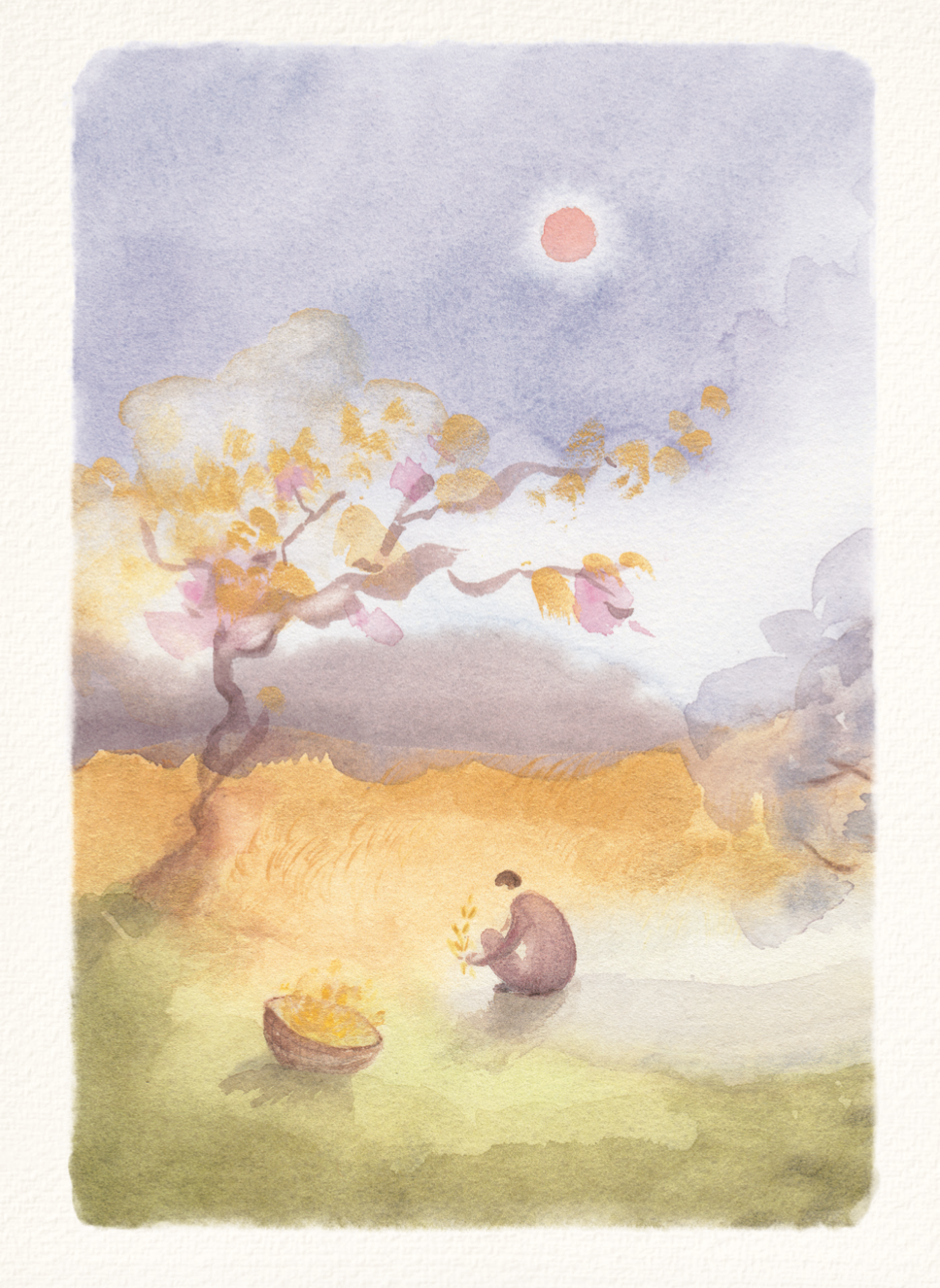
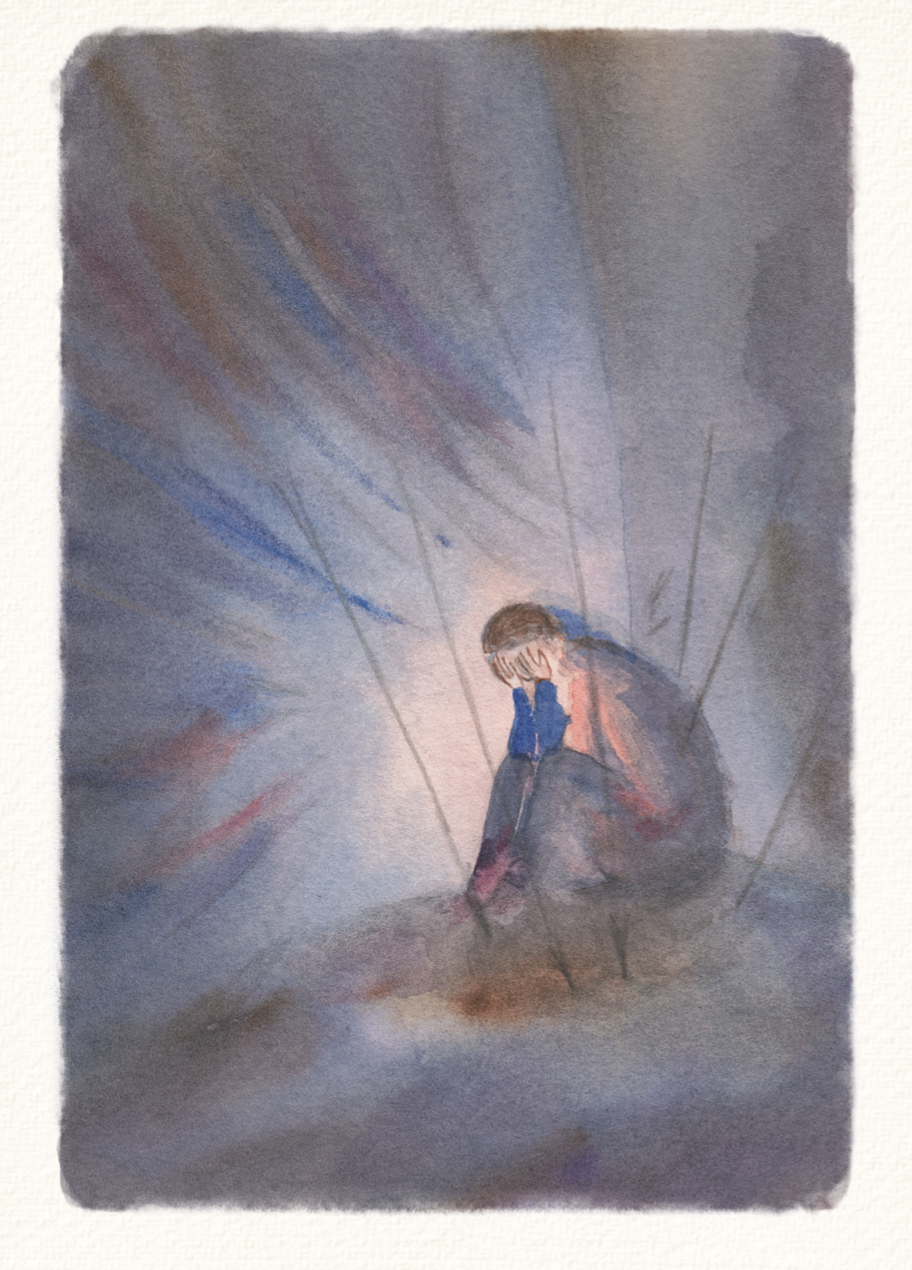
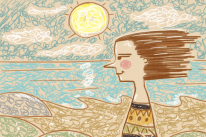

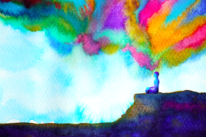








 Though I run this site, it is not mine. It's ours. It's not about me. It's about us. Your stories and your wisdom are just as meaningful as mine.
Though I run this site, it is not mine. It's ours. It's not about me. It's about us. Your stories and your wisdom are just as meaningful as mine. 